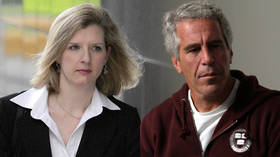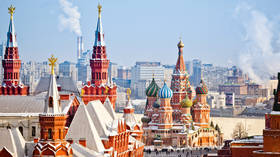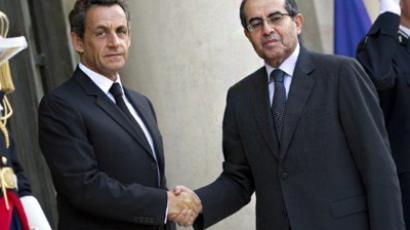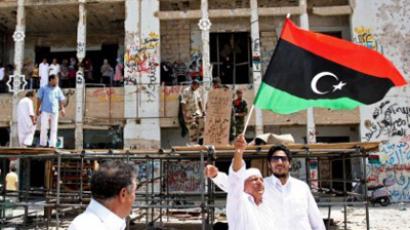Tunisia and Libya delay formal recognition of Syrian opposition council
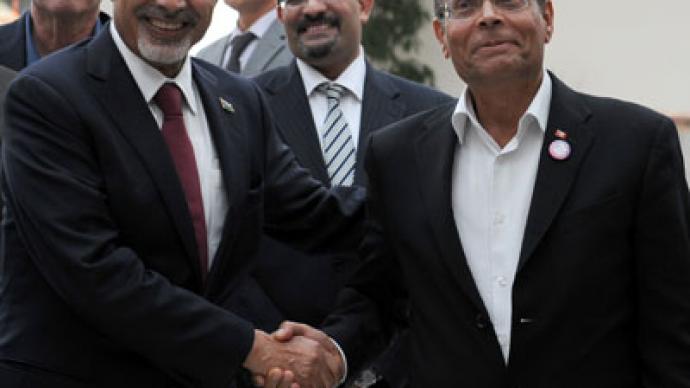
Tunisia and Libya refrained from recognizing a newly formed Syrian opposition coalition until more is known of the group’s composition. Arab Spring opposition in both countries received international recognition post-revolution in 2011.
Tunisia and Libya refrained from recognizing a newly formed Syrian opposition coalition until more is known of the group’s composition. Arab Spring opposition in both countries received international recognition post-revolution in 2011.
"[Tunisia] and Libya are in agreement that we will wait before recognizing. We need to have a real idea about the representation on this body," Tunisian President Moncef Marzouki told reporters at a news conference during a visit by interim Libyan President Mohammed Magarief.
Both nations are opposed to foreign intervention in Syria and providing weapons to rebels, Magarief said, adding that they are not clear on how representative of Syria the new opposition coalition is.
The Syrian National Coalition for Opposition and Revolutionary Forces (CORF) was created on November 11 in order to unite Syria’s opposition factions under one aegis. The process was supervised by Western and Gulf Arab states.
CORF is governed by a council with around 63 seats, 22 of which are Syrian National Council (SNC) members. The SNC is a coalition of Syrian opposition groups based in Istanbul, Turkey that seeks to become the governing body of Syria by overthrowing President Bashar al-Assad.
Tunisia and Libya decided to delay their recognition of CORF, despite the fact that other countries such as Britain, France, Turkey and Gulf Arab nations had recognized the opposition group as the sole legitimate representative of the Syrian people.
Tunisia and Libya’s new governments both came about through similar transitional councils, and recognition from the international community.
In January 2011, Tunisian protesters forced President Zine El Abidine Ben Ali to dissolve the government and flee the country. The National Constituent Assembly (NCA) was charged with forming an interim government and writing Tunisia’s new constitution. The NCA enjoyed international recognition, which helped it successfully elect interim president Moncef Marzouki and draft a new constitution.
The protests in Tunisia inspired similar actions throughout the Arab world, including in Libya.
In Libya, the National Transitional Council (NTC) was formed to govern the country for a period of ten months after the end of the civil war and the fall of country's former leader Muammar Gaddafi. The NTC came to power in part because of the legitimacy it earned through international recognition.
France was the first country to recognize the NTC as Libya's legitimate government in March 2011, followed by Qatar. Eventually, more than one-hundred other countries and numerous international organizations, including the United Nations, recognized the NTC during the Libyan civil war.
In order to get France’s approval, the NTC reportedly offered Paris 35 percent of Libya’s oil sector in exchange for “full and constant support,” Liberation newspaper reported. French Foreign Minister Alain Juppe denied the existence of the deal, saying that countries which supported the rebels would logically receive preferential treatment when they came to power.
In August 2012, the General National Congress of Libya took over after the NTC, and Magariaf was elected the country’s new leader.
Magariaf previously supported the SNC, providing more than half of their operating budget, the Financial Times reported. According to the SNC’s budget, the Libyan government contributed $20.3 million of the total $40.4 million.
During the news conference, Magarief and Marzouki repeated their calls for President Assad to resign, but neither extended their support to the opposition body as a whole.






